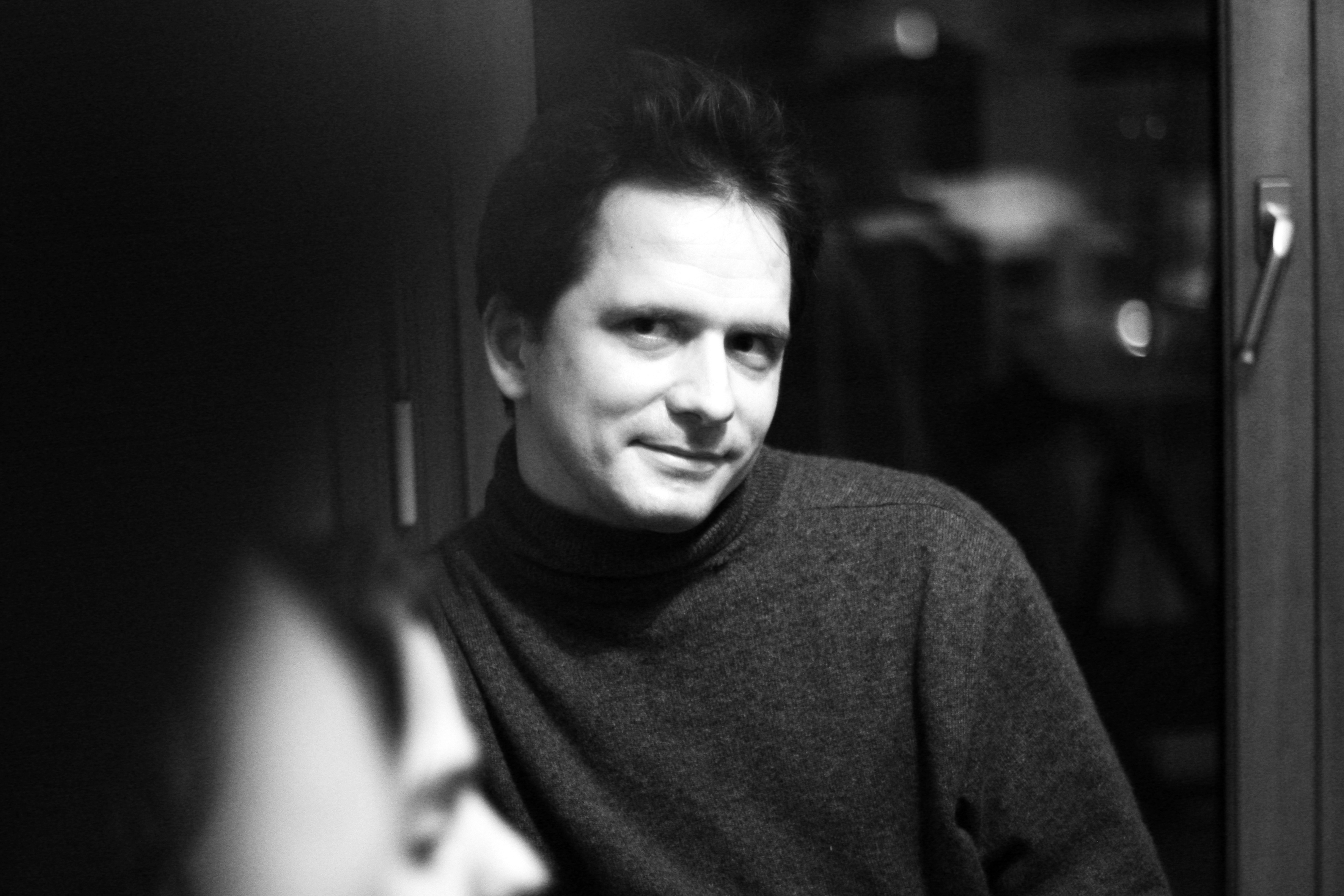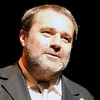
Bio
Karol Beffa, born in 1973, had a general education along with music studies after having been a child actor between the ages of seven and 12, appearing in more than 15 films. Top of his class at the Ecole Normale Supérieure in Paris, he read history (Bachelor's degree), English (Master's), philosophy (Master's at Cambridge University) and mathematics, graduating from ENSAE (Graduate School of Economics, Statistics and Finance). Enrolling at the Paris Conservatoire in 1988, he obtained eight premiers prix. Coming first in the Agrégation d'éducation musicale, a highly competitive examination for teachers, he taught at the Sorbonne (1998-2003) then at the Ecole Polytechnique (2003-08). In 2003, he earned his doctorate in musicology with a thesis on György Ligeti's Piano Etudes. Since 2004, he is a senior lecturer at the Ecole Normale Supérieure.
Pianist and improviser, Karol Beffa is a composer whose works have been performed by such well-known ensembles as A Sei Voci, Maîtrise de Radio France, Cambridge Voices, and the leading orchestras (Orchestre Philharmonique de Radio France, Orchestre National de l'Opéra de Lyon, Saint Petersburg Philharmonic, London Symphony Orchestra...).
In 2000, the Turin International Biennale of Young Artists (BIG Torino 2000) selected him to represent France, and in 2002, he was the youngest French composer programmed at the Présences festival. He has composed three incidental scores as well as the music for 25 films. As composer-in-residence of the Orchestre National du Capitole de Toulouse (2006-09), Karol Beffa wrote Paradis artificiels (2007), a Violin Concerto, premiered by Renaud Capuçon (2008), and a Piano Concerto, first performed by Boris Berezovsky (2009).
Karol Beffa is a fellow of the Institut de France in composition and won fellowships from the Lili and Nadia Boulanger Foundation (2001), the Music Academy of Villecroze, Natexis Foundation (2002) and Les Muses fellowship (2004). Finalist of the Prades International Composition Competition (2005, 2007), he has won the Charles Oulmont Prize (2005), the SACEM Young Composer Competition and the Chartier Prize of the Académie des Beaux-Arts (2008). In 2013 and in 2018, he won a Victoires de la musique award in the Best Composer category. In 2017, he was awarded the Grand Prix de la musique symphonique de la SACEM. Finally, he was named an Officier des Arts et des Lettres.
His publications include György Ligeti (Fayard, 2016), Parler, Composer, Jouer. Sept leçons sur la musique (2017), Diabolus in opéra. Composer avec la voix (2018) and, with Cédric Villani, Les Coulisses de la création (Flammarion, 2015).
 Contact
Contact Basket
Basket My favorites
My favorites My account
My account






